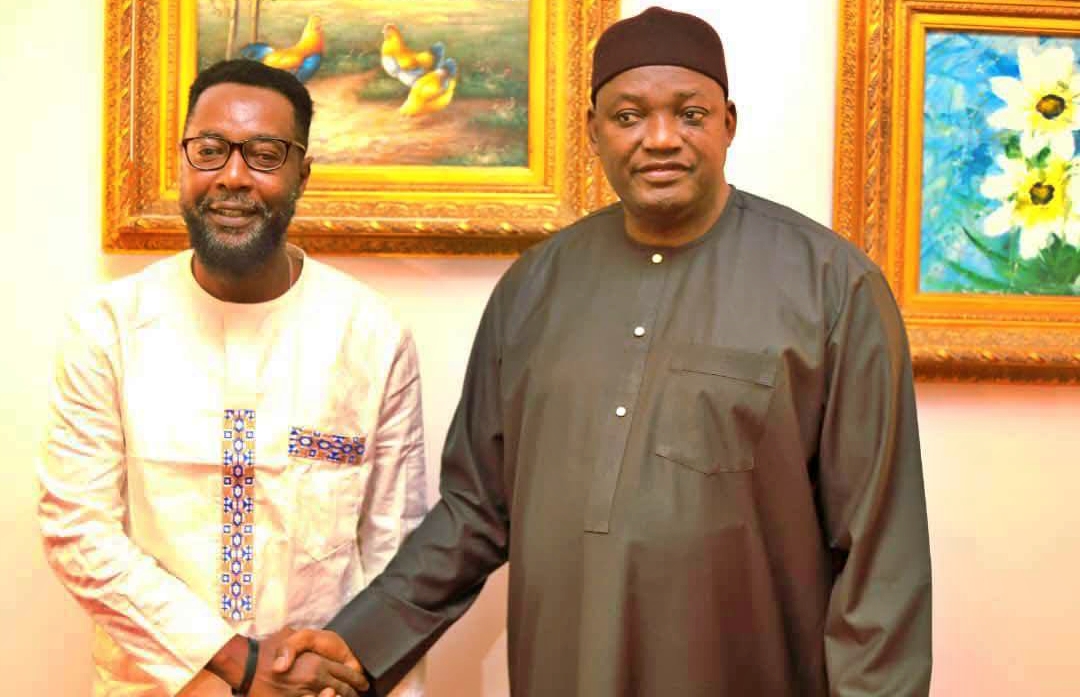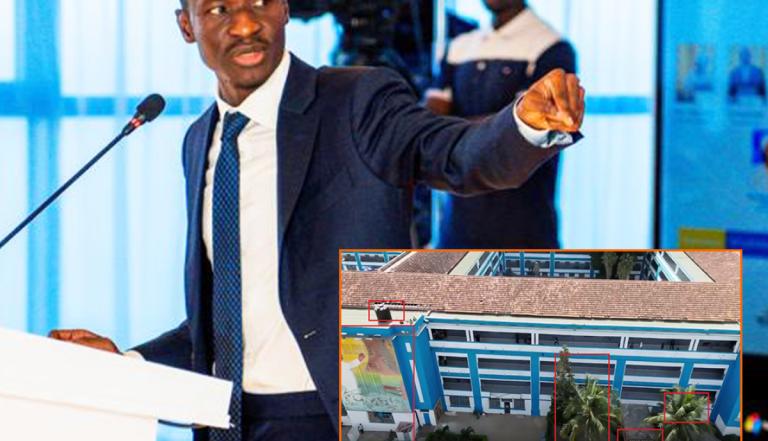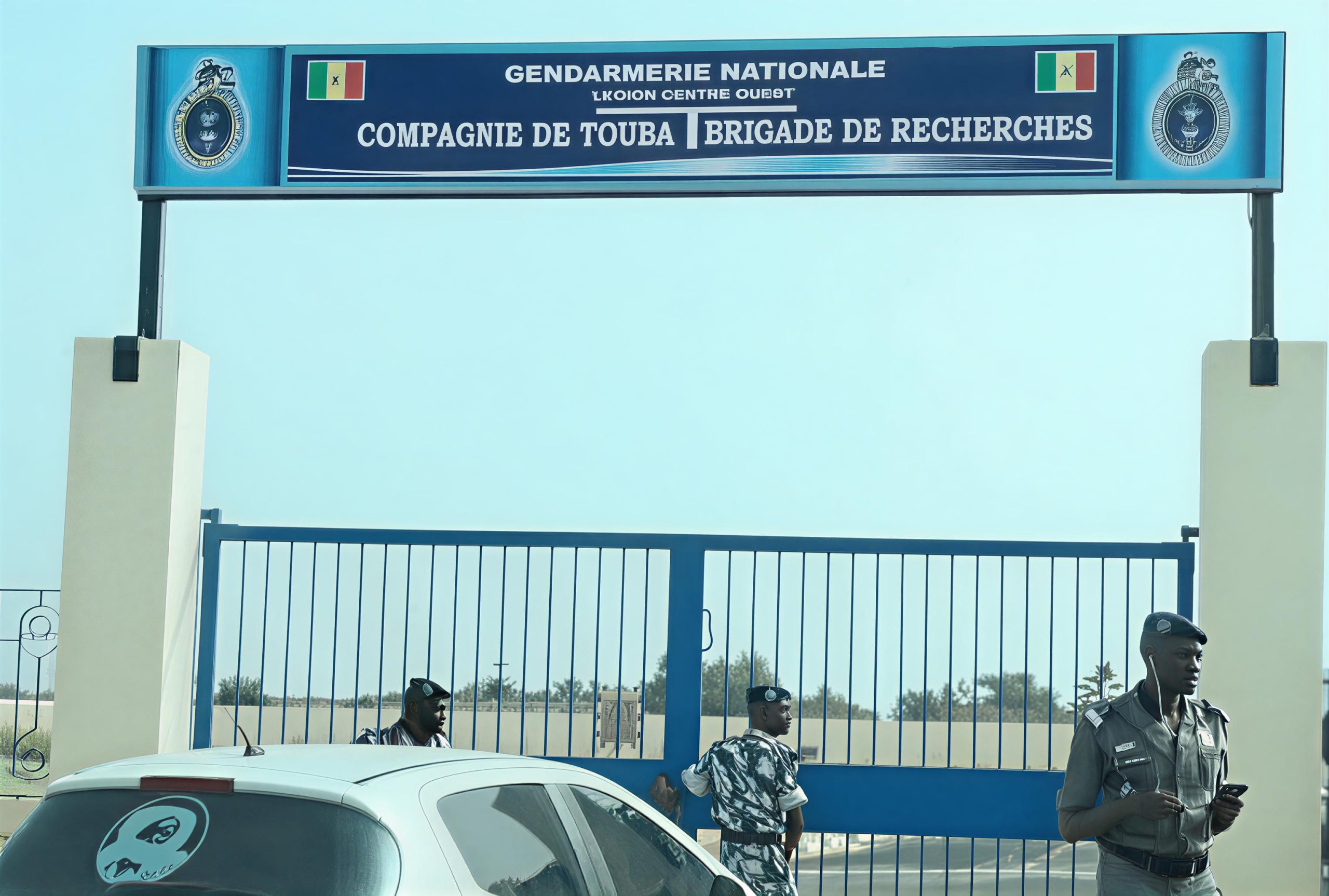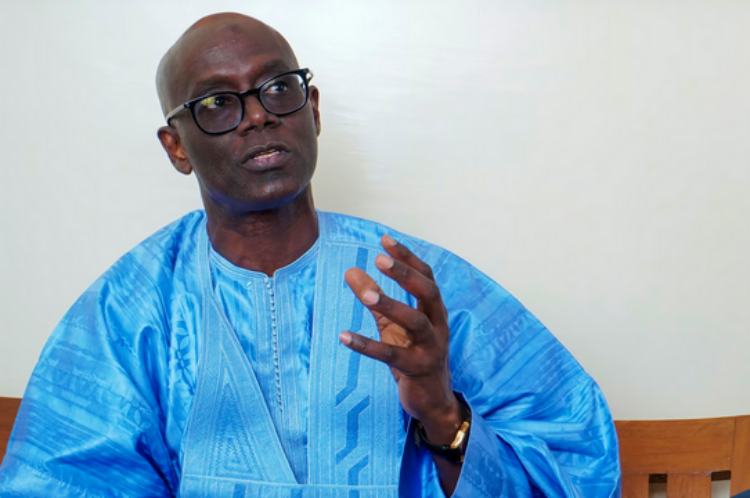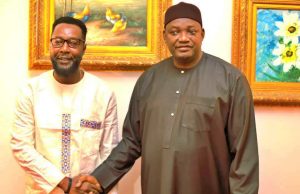Gambiaj.com – (Dakar, Senegal) – The recently unveiled “Senegal Vision 2050,” aimed at propelling the nation toward long-term development, has triggered significant backlash from prominent opposition figures. Thierno Alassane Sall, Bougane Guèye Dani, and other critics claim the plan fails to address immediate economic needs, with Sall accusing the new administration of effectively “asking the Senegalese to wait another 25 years” before they see relief.
At the heart of the criticism lies a perceived disconnect between the Vision 2050 agenda and the economic hardships currently afflicting Senegalese households, marked by high inflation and skyrocketing costs for essential goods.
According to Sall, the strategy lacks concrete proposals to alleviate the mounting financial burdens on families. “Nothing is proposed to immediately relieve Senegalese households,” he remarked, highlighting the absence of measures to regulate prices, reduce tax burdens, or provide direct assistance to families. Sall further noted that the typical “Góorgóorlu,” or average Senegalese citizen, was left out of the agenda’s priority phase, sidelining those most affected by ongoing economic challenges.
Bougane Guèye Dani echoed similar sentiments in his critique, labeling the Vision 2050 a “sinister electoral campaign.” Speaking pointedly, he derided the vision as a mere continuation of the existing Senegal Emergent Plan (PSE) from 2014, alleging that elements of the new plan were little more than recycled versions of old strategies.
Guèye Dani underscored the lack of innovation in the Vision 2050’s developmental roadmap, expressing concern that it continues to overlook the agricultural sector, which employs approximately 70% of Senegal’s workforce but receives only 10% of the budget allocation.
A contentious issue in the plan is its stance on energy subsidies, which opposition figures argue will have immediate repercussions for households. Starting October 15, Guèye Dani warned, energy costs will rise, directly impacting electricity and water prices, a shift he claims will exacerbate the financial struggles of many Senegalese families. He accused the administration of “disassembling the economy” and leaving critical sectors without the funding necessary for growth, particularly by halting public construction projects and tightening treasury access.
Financing for Vision 2050 is another source of contention. Guèye Dani alleged that the government intends to rely heavily on debt to support the plan, forecasting loans of nearly 8,800 billion CFA francs, of which 6,400 billion will be allocated to debt repayment. He questioned the sustainability of such an approach, warning it could further entrench Senegal in financial obligations without yielding meaningful economic development.
The opposition also pointed to alleged governance issues, calling into question the transparency and accountability of the current administration. Guèye Dani accused Prime Minister Ousmane Sonko of mishandling funds related to Senegal’s rural electrification project, calling for an explanation on the whereabouts of a missing 37 billion CFA francs earmarked for the initiative.
Furthermore, he highlighted recent investigations involving the former head of the National Office of Sanitation (ONAS) and the appointment of numerous new project managers, suggesting these developments undermine claims of a governance rooted in integrity.
While the Senegalese government has touted Vision 2050 as a transformative path to development, opposition figures argue that, in its current form, the strategy remains removed from the pressing realities of everyday Senegalese citizens. For them, the lack of immediate support measures represents a critical oversight, one that risks alienating those the agenda purports to serve.




